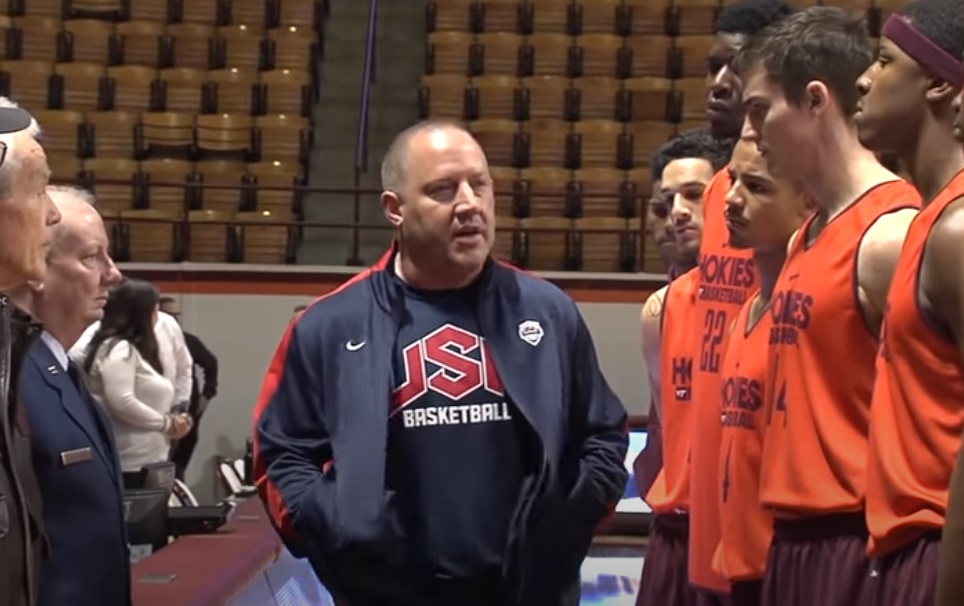Coaching basketball is about more than just teaching skills, plays, and strategies—it’s about shaping character and instilling values that players carry with them both on and off the court. Among these values, respect and gratitude stand as pillars, especially when it comes to appreciating the opportunities afforded by those who came before us. For athletes, the chance to play their sport is a privilege made possible by the sacrifices of many, including those who fought for the freedoms we enjoy today. Some of these individuals were athletes themselves, who set aside their dreams, education, and sports careers to serve their country during times of war.
The tradition of singing the national anthem before sporting events is deeply tied to this sense of gratitude. Over the years, however, it has sometimes become less of a solemn moment and more of a routine performance, with its significance overshadowed by elaborate renditions and high-profile singers. While a dramatic performance may capture the crowd’s attention, it’s equally important for players to understand the deeper meaning behind the anthem and what it represents. It’s a moment to reflect, honor sacrifices, and show respect for the freedoms that allow these games to take place.
Buzz Williams, head coach of the Virginia Tech men’s basketball team, recognized this growing disconnect between athletes and the meaning of the national anthem. For Williams, respect for the anthem is more than just standing still for a few minutes before a game—it’s about truly understanding why it’s being performed. As he put it, “I don’t mind Lady Gaga singing it, but these kids gotta learn why it’s being performed.”
To address this, Williams decided to teach his team an unforgettable lesson. The coach realized that some players may not fully appreciate the significance of the anthem, seeing it as just another part of the pre-game routine. He wanted to change that. So, he organized an exercise that would leave a lasting impact on their perspective.
In a powerful and emotional demonstration, Williams had his players stand alongside a group of military veterans. He wanted his team to see the individuals who represent the sacrifices the anthem symbolizes—men and women who had put their lives on the line to protect the freedoms they now enjoy. The coach explained to his players that while they have the privilege of playing basketball, these veterans had sacrificed their own opportunities, and in many cases, their safety, to serve their country.
Williams didn’t stop there. He went on to show his players how their body language during the anthem reflects their understanding and respect for its meaning. He explained that standing tall, removing their hats, and paying attention during the anthem are small but meaningful ways to honor those who have given so much. For Williams, it was crucial that his players understood this was not just a formality or a rule—they were showing respect for something much greater than themselves.
This lesson was not about criticizing his players but about enlightening them. Williams wanted to ensure that they left his program not only as better athletes but as better people, with a deeper appreciation for the sacrifices made by others. He hoped that by creating this moment of reflection, his players would carry forward the values of respect and gratitude into their lives beyond basketball.
Williams’s message extends beyond sports. It’s a reminder for all of us to reflect on the meaning behind traditions like the national anthem and to honor those who make our freedoms possible. In an era where moments of unity can sometimes be overlooked or undervalued, Williams’s approach is a call to reconnect with the core values that these traditions represent.
Watch the video below

Adrian Hawthorne is a celebrated author and dedicated archivist who finds inspiration in the hidden stories of the past. Educated at Oxford, he now works at the National Archives, where preserving history fuels his evocative writing. Balancing archival precision with creative storytelling, Adrian founded the Hawthorne Institute of Literary Arts to mentor emerging writers and honor the timeless art of narrative.
